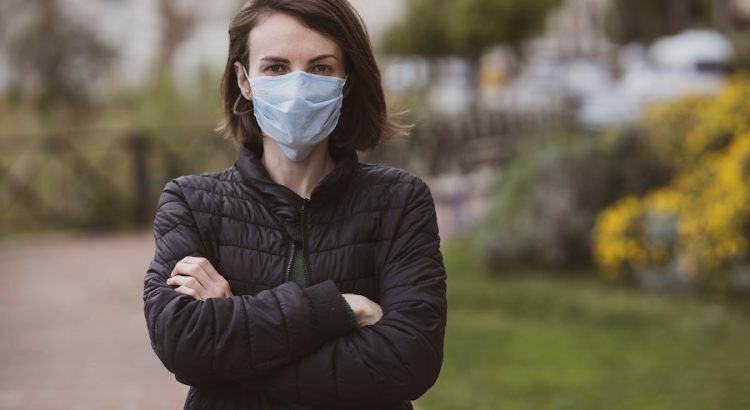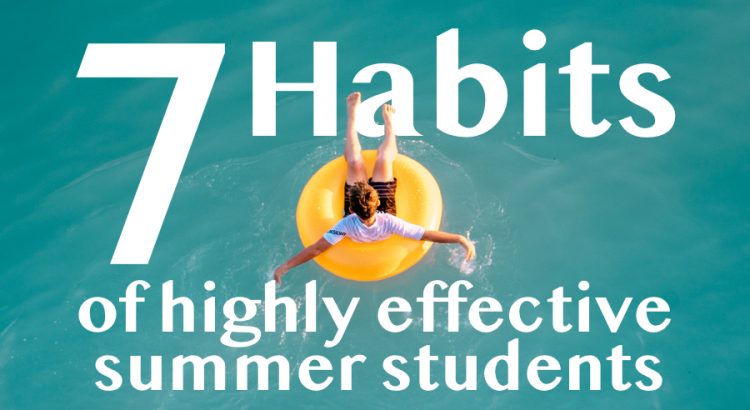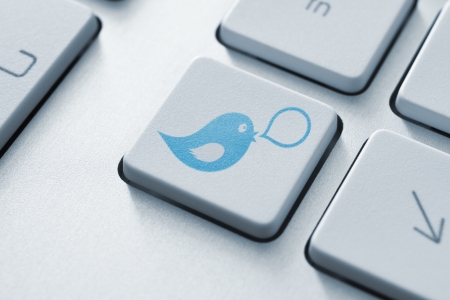Podcast: Play in new window | Download
Subscribe: Spotify | Email | TuneIn | RSS
In March 2020, the world shut down.
International borders were sealed. Businesses shuttered. Schools locked their doors and students were sent home to learn ‘remotely.’
At the same time, many universities and research labs also closed down for the summer of COVID-19. While a few labs remained open as essential research continued, many scientists froze down samples, trashed cell lines, and went home to spend some quality time with PubMed.
But now as summer wanes, the research labs are thawing out.
Read More




